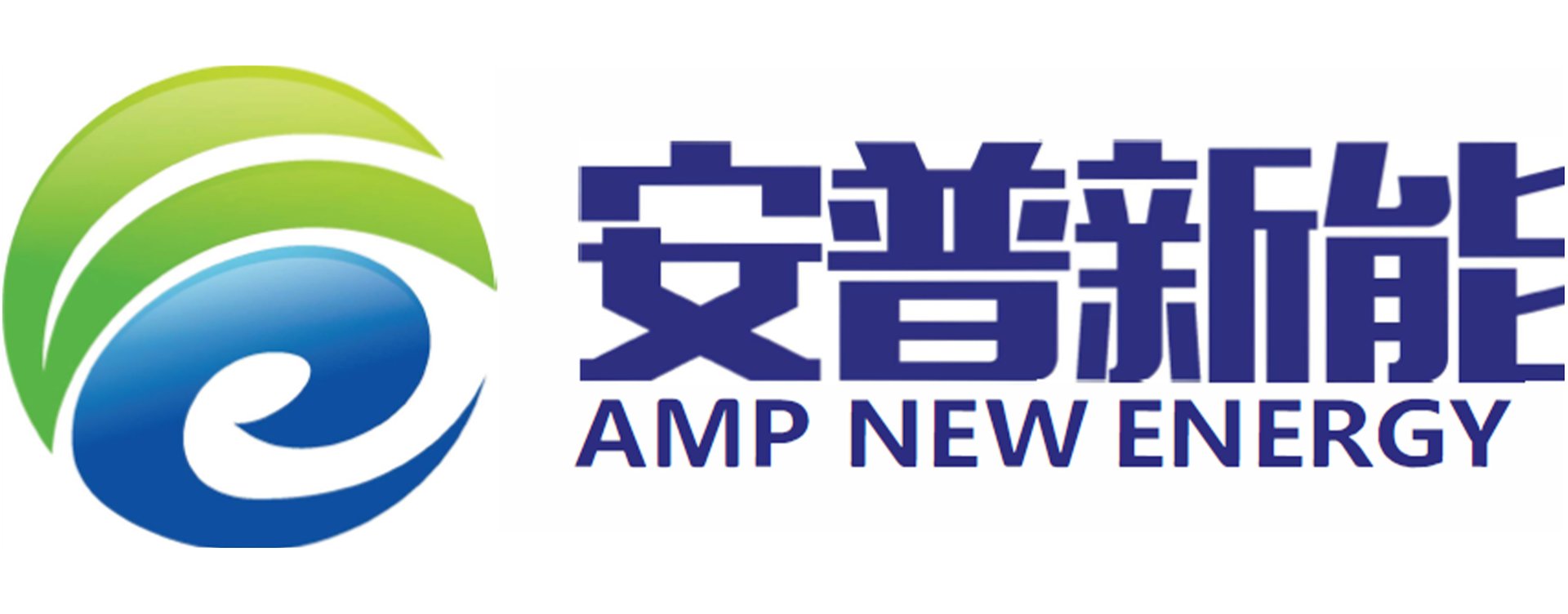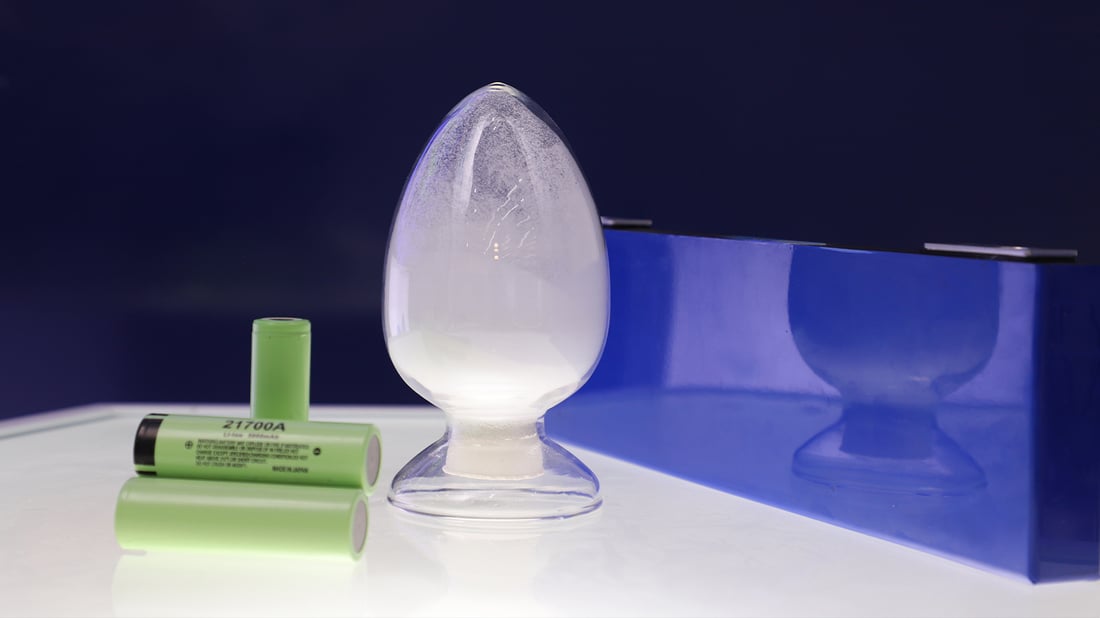Introduction
PVDF resin polymerized by suspension is a versatile material that finds applications in various industries. This article provides a comprehensive overview of PVDF resin polymerized by suspension, discussing its properties, manufacturing process, applications, and advantages.
Properties of PVDF Resin Polymerized by Suspension
PVDF resin polymerized by suspension is known for its excellent chemical resistance, high thermal stability, and unique combination of mechanical properties. It exhibits exceptional resistance to chemicals such as acids, bases, and organic solvents, making it suitable for use in corrosive environments.
Manufacturing Process of PVDF Resin Polymerized by Suspension
The manufacturing process of PVDF resin polymerized by suspension involves the suspension polymerization technique. In this process, vinylidene fluoride monomers are suspended in a liquid medium, along with initiators and stabilizers. The reaction is carried out under specific temperature and pressure conditions to facilitate the polymerization of the monomers into PVDF resin.
Applications of PVDF Resin Polymerized by Suspension
PVDF resin polymerized by suspension has a wide range of applications due to its unique properties. It is commonly used in the chemical industry for manufacturing pipes, fittings, valves, and tanks that can withstand aggressive chemicals. In the electrical and electronics industry, it is used for insulation and protection of wires and cables. PVDF resin is also used in the construction industry for coatings, membranes, and roofing materials due to its weather resistance and durability.
Advantages of PVDF Resin Polymerized by Suspension
There are several advantages of using PVDF resin polymerized by suspension. Firstly, it has excellent UV resistance, making it suitable for outdoor applications. Secondly, it has a low coefficient of friction, which reduces wear and tear in moving parts. Thirdly, PVDF resin has a high dielectric strength, making it an ideal choice for electrical insulation. Additionally, it is easy to process and can be molded into various shapes and forms.
Compatibility with Other Materials
PVDF resin polymerized by suspension is compatible with a wide range of materials, including metals, ceramics, and other polymers. This compatibility allows for the production of composite materials with enhanced properties. For example, PVDF resin can be reinforced with glass fibers to improve its mechanical strength, or it can be blended with other polymers to modify its properties.
Environmental Impact and Sustainability
PVDF resin polymerized by suspension is considered to be an environmentally friendly material. It is non-toxic and does not release harmful substances during its use or disposal. Furthermore, PVDF resin is recyclable, allowing for the reuse of the material and reducing waste. Its long lifespan and resistance to degradation also contribute to its sustainability.
Future Developments and Research
Ongoing research and development in the field of PVDF resin polymerized by suspension are focused on further improving its properties and exploring new applications. Researchers are investigating methods to enhance the mechanical and thermal properties of PVDF resin, as well as developing new manufacturing techniques to increase efficiency and reduce costs.
Conclusion
PVDF resin polymerized by suspension is a versatile material with a wide range of applications. Its exceptional properties, including chemical resistance, thermal stability, and mechanical strength, make it a preferred choice in various industries. As research and development in this field continue, we can expect to see further advancements and new applications of PVDF resin polymerized by suspension.

